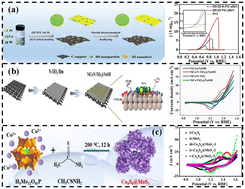This review examines research advancements in anti-CO poisoning during the electrocatalytic methanol oxidation reaction (MOR). The article details catalyst design and optimization strategies, experimental studies, and control measures. An in-depth analysis of intermediate product generation mechanisms, factors affecting anti-CO poisoning, and experimental studies supports MOR development. Anti-CO poisoning strategies encompass catalyst selection, reaction condition optimization, intermediate control, surface modification, carrier effects, atmosphere modulation, and catalyst regeneration and recycling. Experimental studies focus on electrode preparation, electrolyte selection, and electrocatalytic reactions. Results indicate that optimizing experimental methods and conditions enhances MOR stability and effectiveness by improving catalysts' anti-CO poisoning ability. Methanol electrocatalysis represents a clean and effective energy conversion technology. Kinetic and thermodynamic analyses of anti-CO poisoning in methanol electrocatalysis provide a theoretical basis for catalyst design and optimization. Comprehensive research on MOR intermediate products, CO generation mechanisms, factors influencing CO poisoning, characterization methods, experimental studies, and optimization measures provides a foundation for MOR development and its application in green chemistry and renewable energy.
